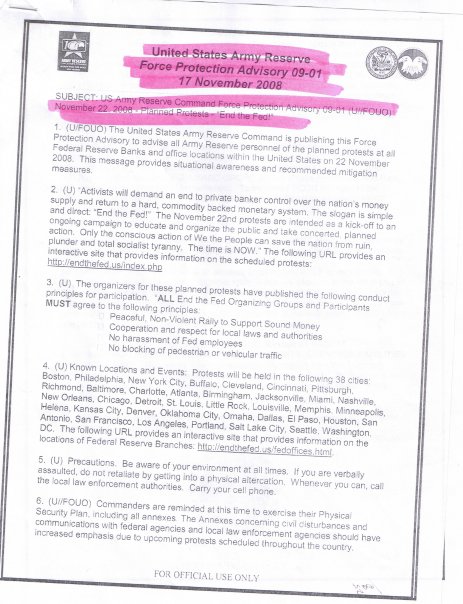Democrats from Andrew Cuomo to Barney Frank to Barack Obama are demanding that the 418 AIG employees who received bonuses give them back. Sure, it’s outrageous that the very people who drove AIG off the cliff, along with a whole lot of other financial firms, walked away with million-dollar bonuses paid with taxpayer bailout money. But as the Wall Street Journal opinion page points out, “Taxpayers have already put up $173 billion, or more than a thousand times the amount of those bonuses, to fund the government’s AIG ‘rescue.’”
And there is more to come.
The Obama Administration is putting the finishing touches on another big bank bailout. Called the Public Private Investor Partnership (PPIP), it is the brainchild of the Treasury Secretary from Wall Street, Tim Geithner. Under the plan, the government will give our money to hedge fund managers to buy “toxic” assets for more than they are worth. The banks that created these toxic turkeys will use the money from the sales to recapitalize themselves. Everyone comes out ahead except, of course, the taxpayers, who are essentially funneling money to hedge funds to buy bad assets for more than they are worth. The other bonus for the banks in this plan, as Yves Smith points out, is that they get to avoid giving the toxic assets any real market value. Less transparency and more transfers of wealth from taxpayers to hedge fund managers.
So much for the “free market.”
Full Article
Filed under: Economy, Government, Obama Administration | Tagged: aig, bailout, Corporate Media, Economy, finance, Government, Obama Administration, PPIP, President Obama, Tim Geithner | Leave a comment »





